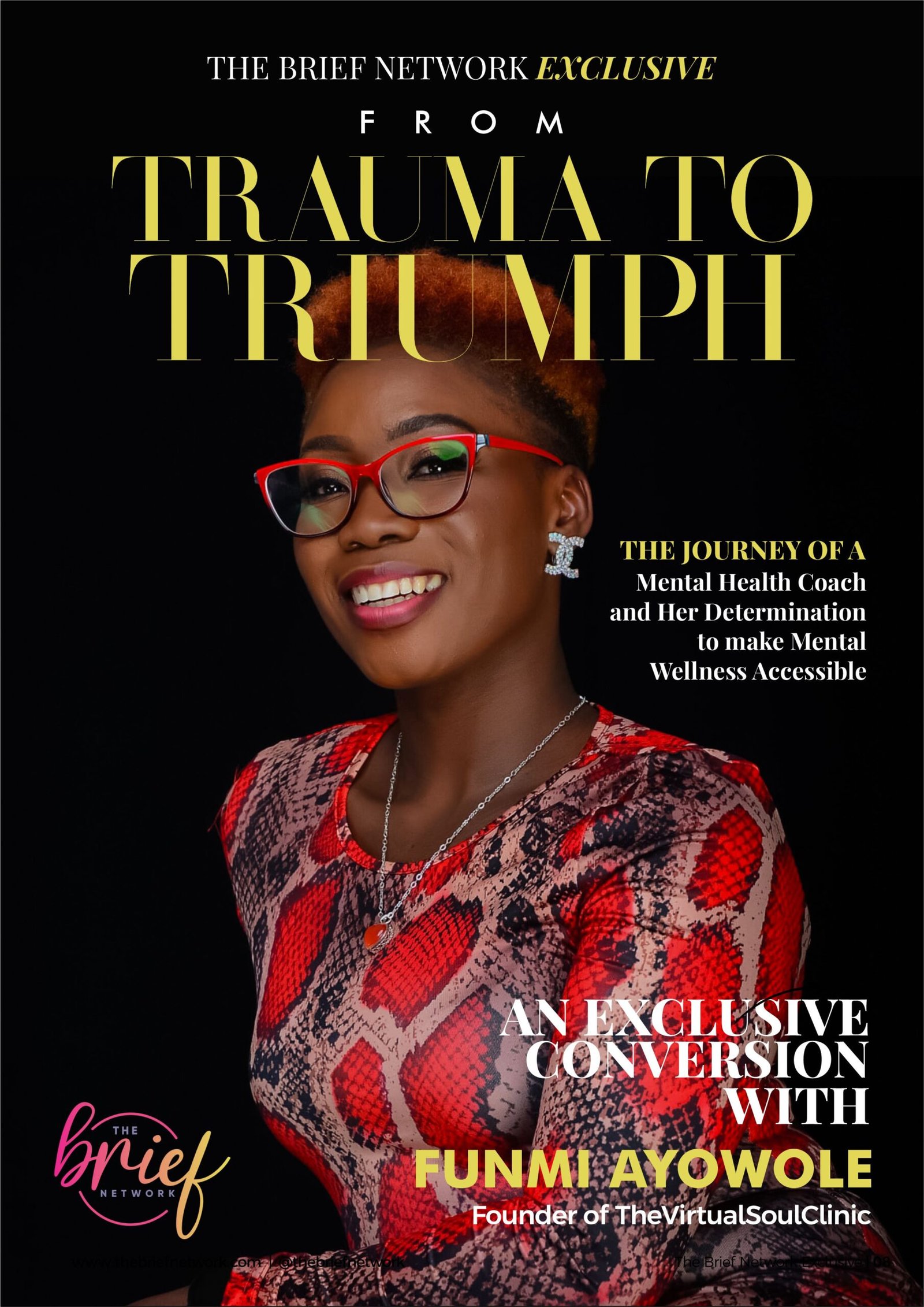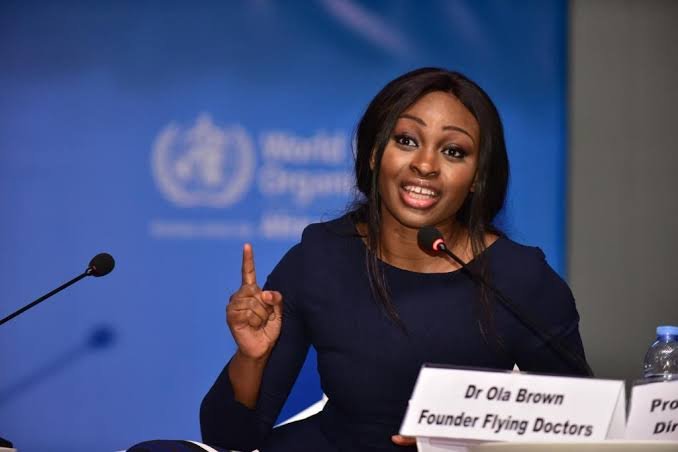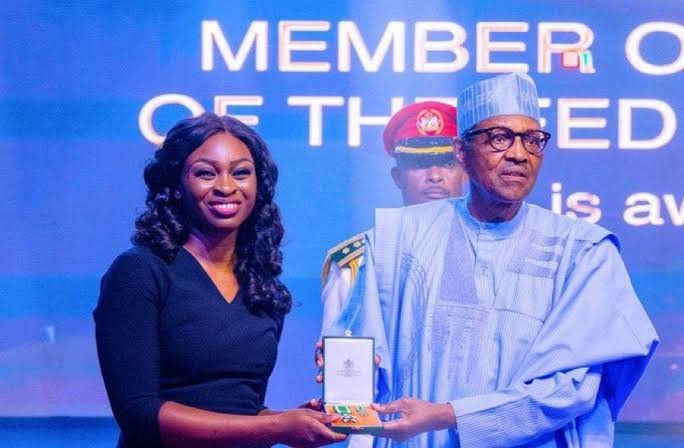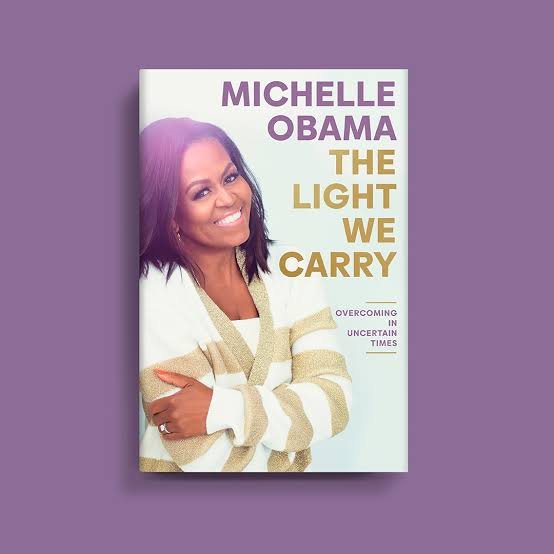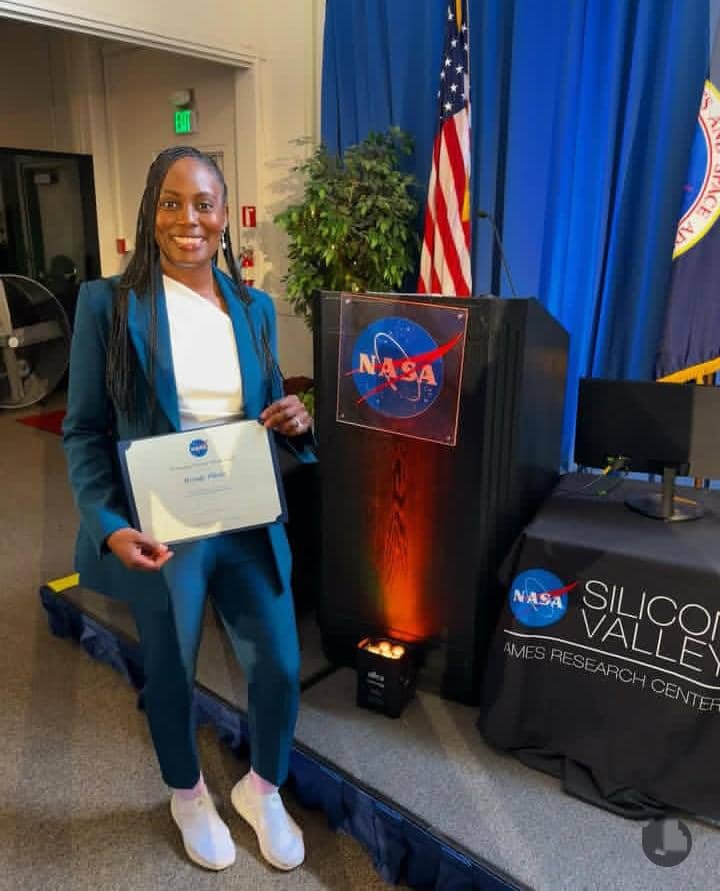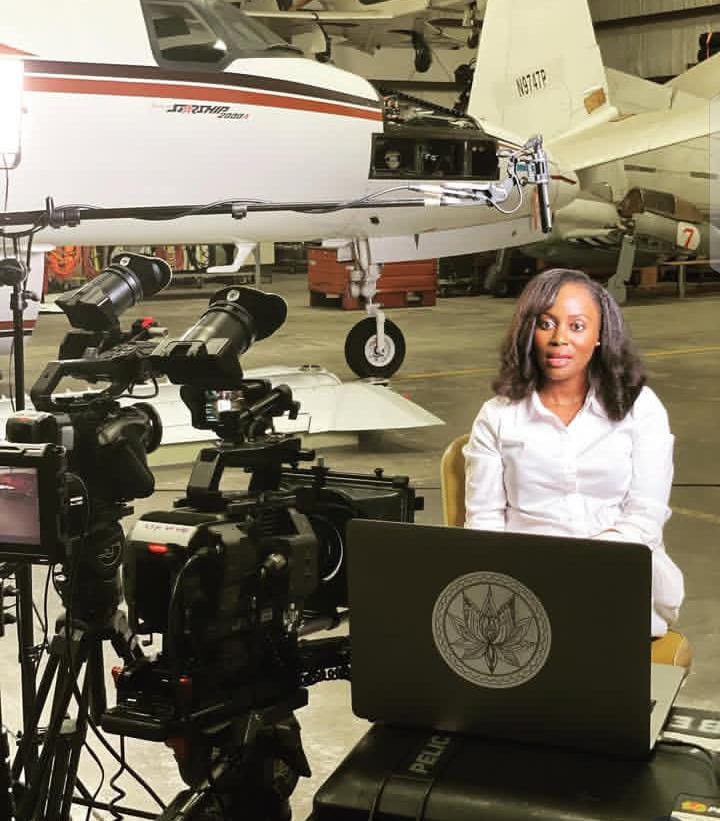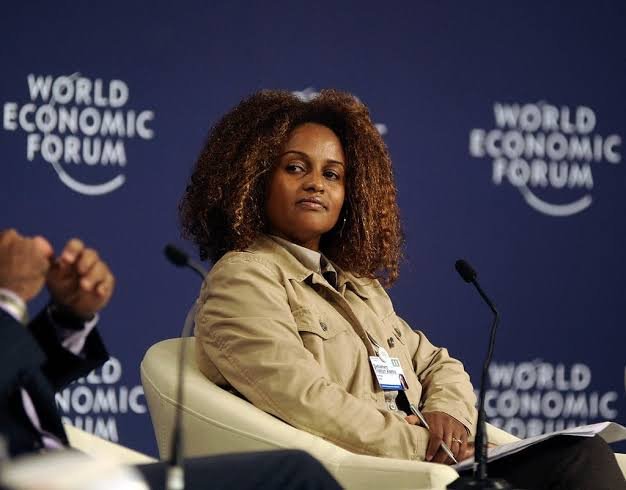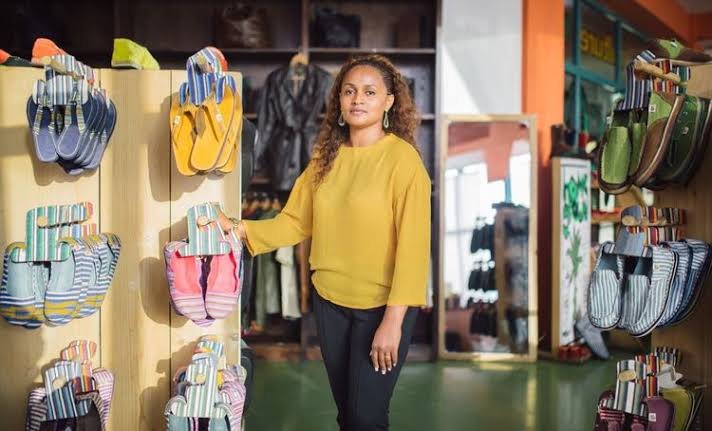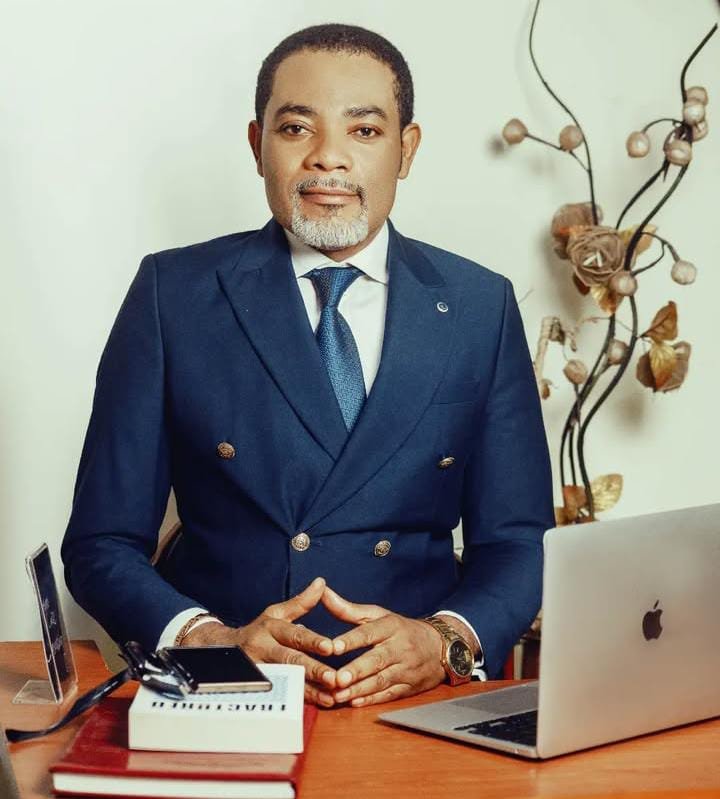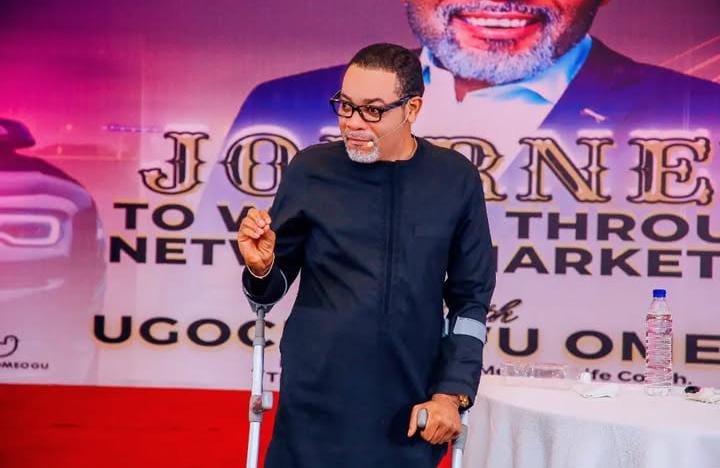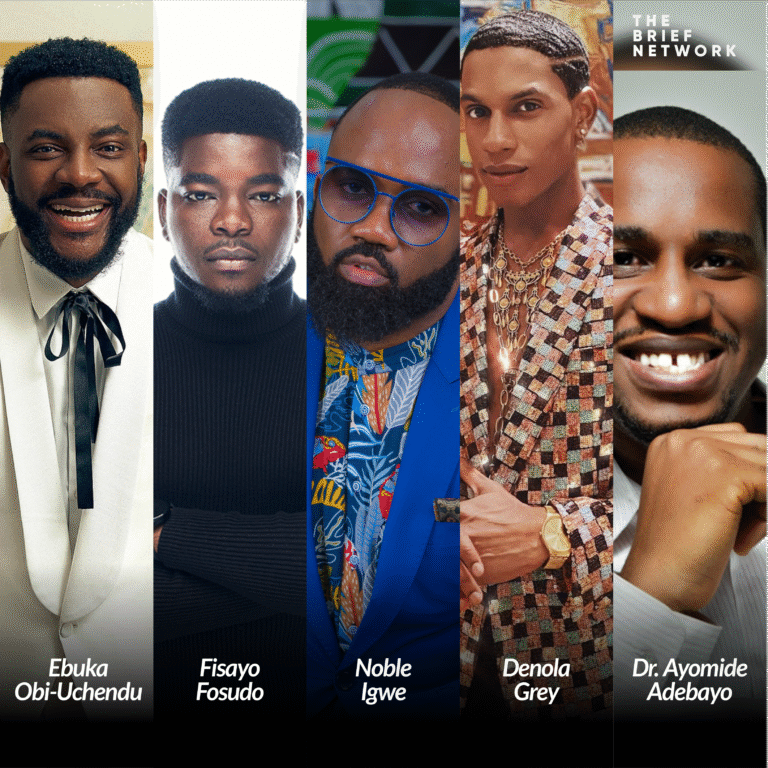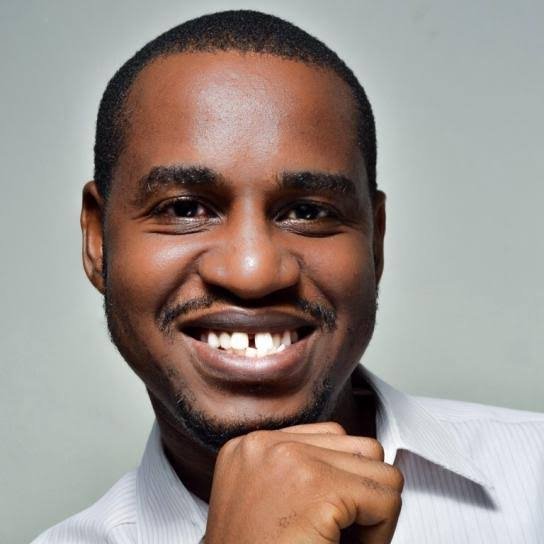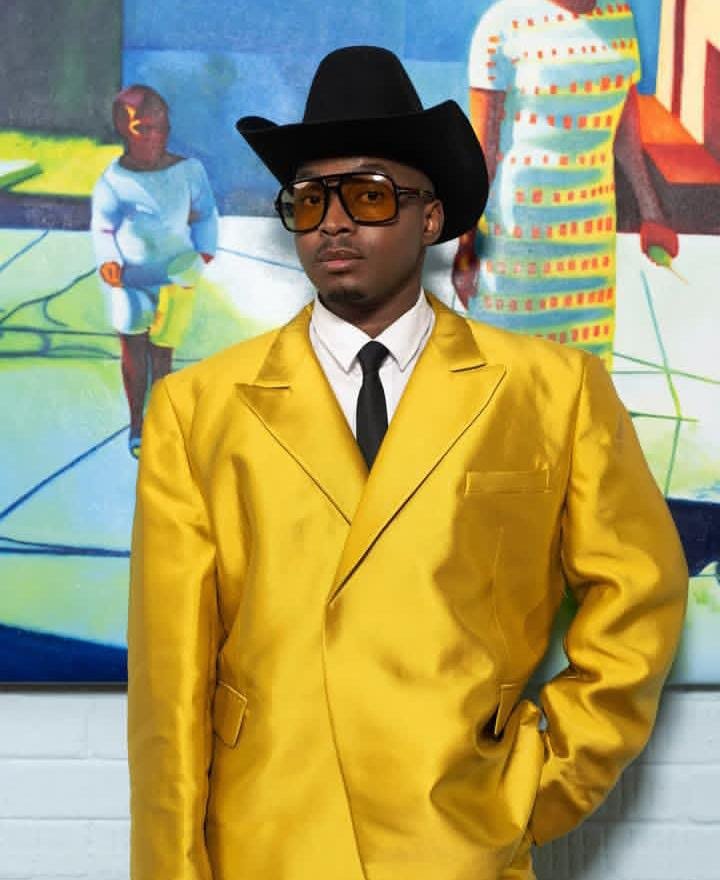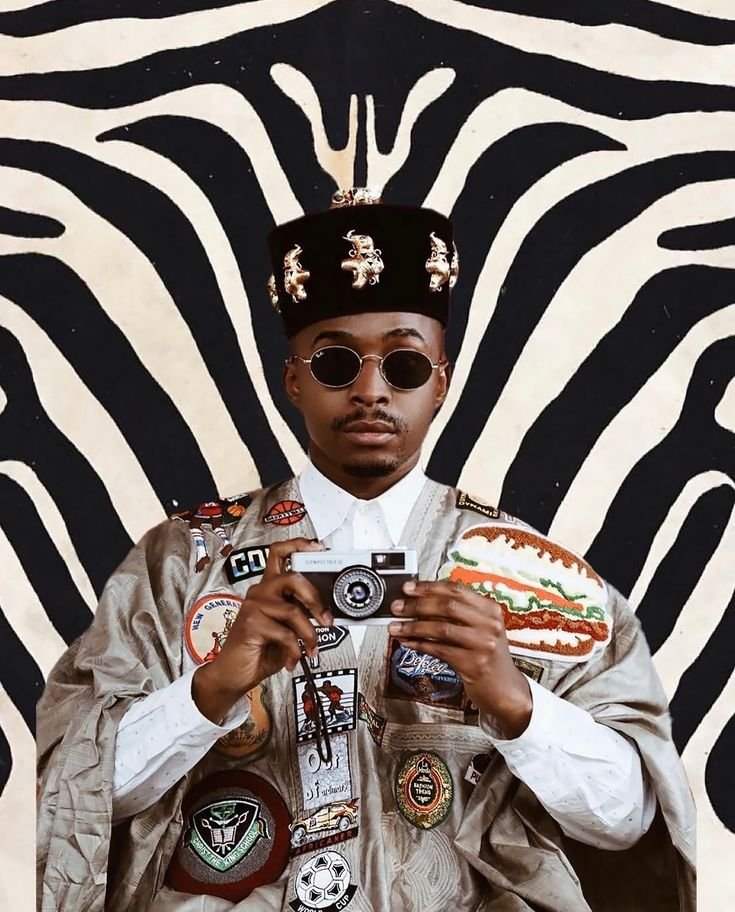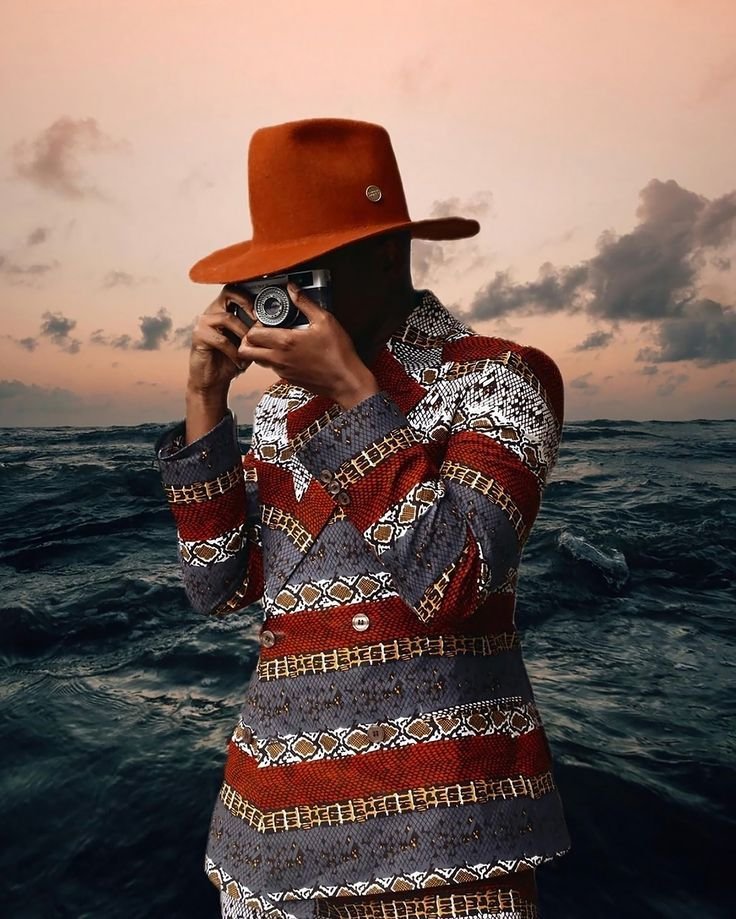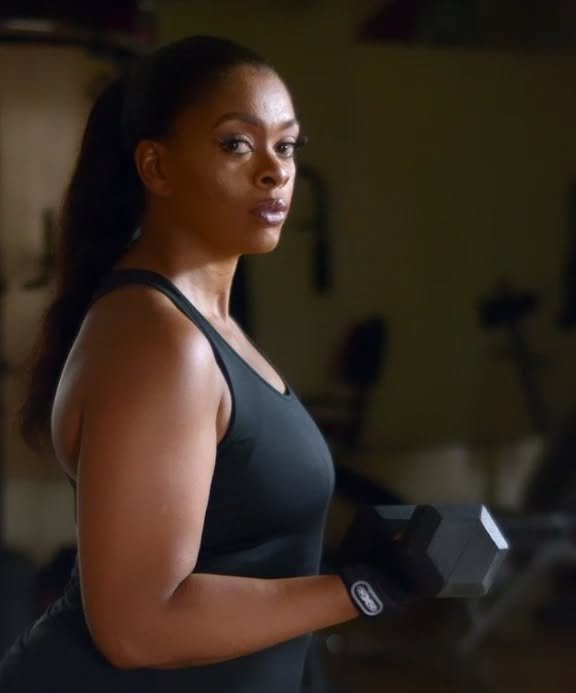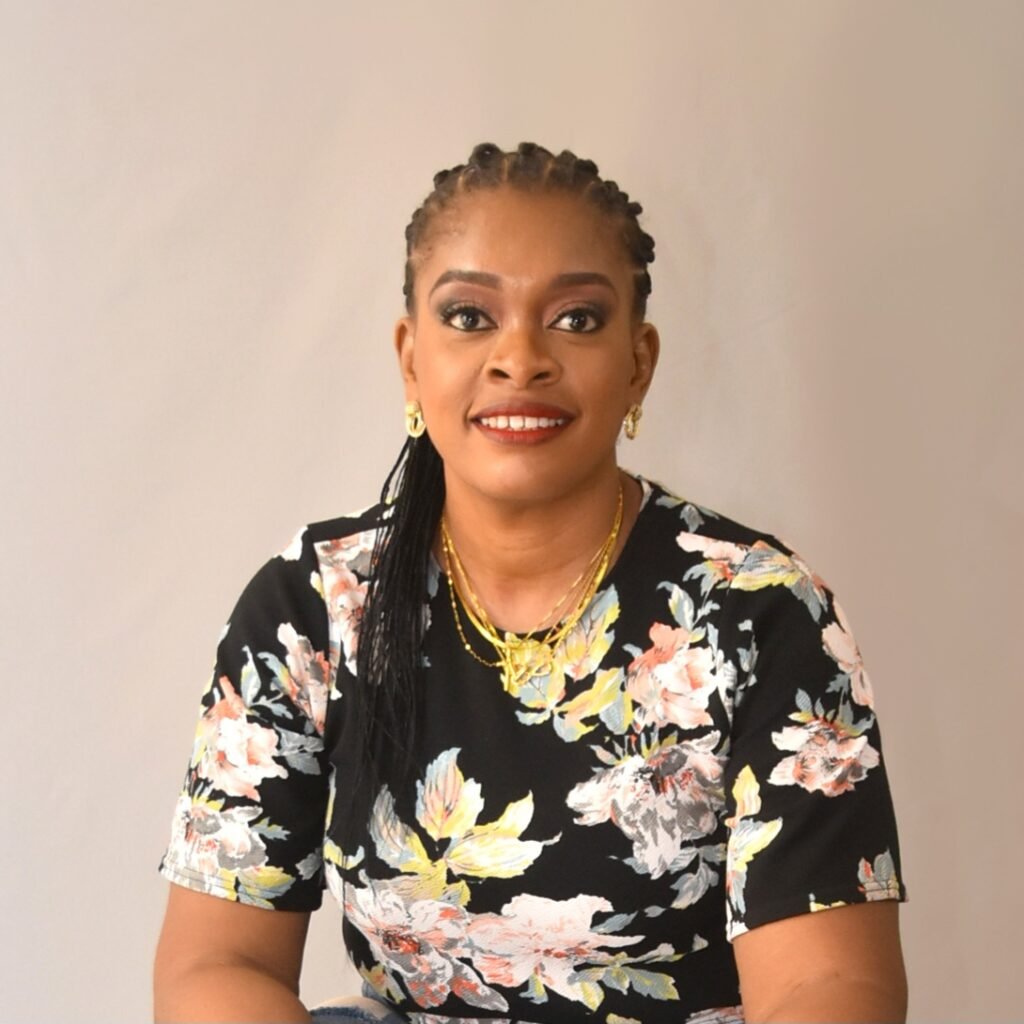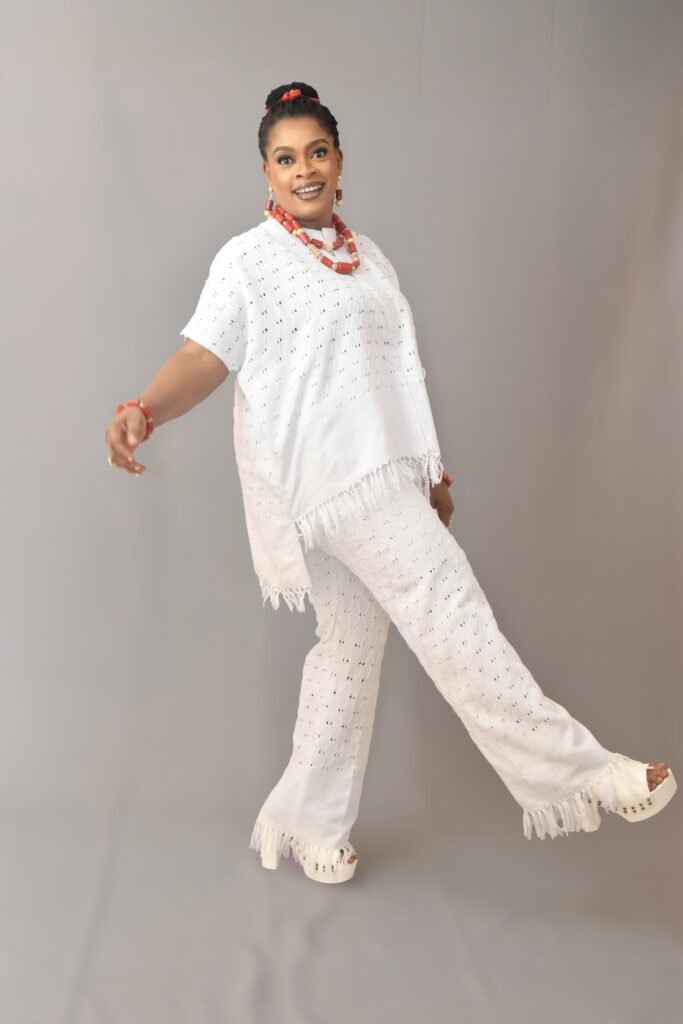We often hear about billionaires who launched their startups from garages, but few stories are as humbling or as instructive as that of Jack Ma, the Chinese entrepreneur who co-founded Alibaba. Long before he built one of the world’s largest e-commerce empires, Jack Ma was just a man with big dreams, poor grades, and a long list of rejections.
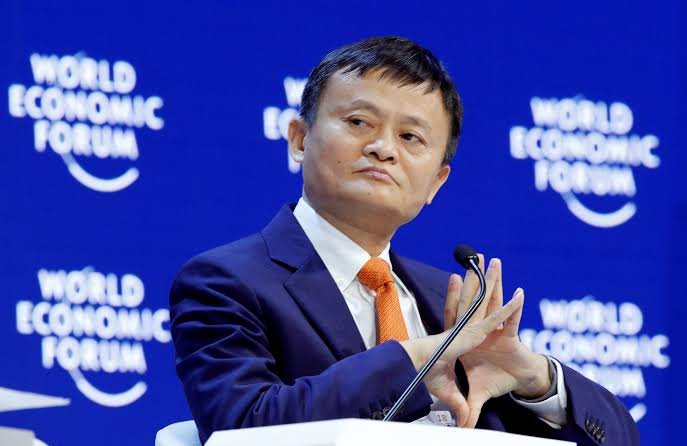
He failed his university entrance exams twice. He applied for 30 different jobs and was turned down by all of them. Even KFC rejected him. Harvard said “no” ten times. But Jack Ma was never chasing perfection; he was building persistence.
This isn’t just a success story, it’s a masterclass in mindset. A story of failing forward, again and again until the path made way for purpose.
Below are five distinct and empowering lessons from Jack Ma’s extraordinary journey.
1. Rejection Is a Lesson, Not a Verdict
One of Jack Ma’s most defining traits is how he responded to rejection. While most would shrink after being told “no” repeatedly, he saw each failure as preparation, not punishment. Every closed door became a redirection. This mindset allowed him to develop thick skin and a deeper vision.
“If you don’t give up, you still have a chance. Giving up is the greatest failure.” — Jack Ma
Lesson: Don’t let “no” be your full stop. Rejection is a redirection toward growth, resilience, and self-discovery.
2. Build to Serve, Not Just to Succeed
When Jack Ma started Alibaba, it wasn’t to dominate the market, but to empower small businesses in China. He understood early that technology could help people, not just impress investors.
“Help young people. Help small guys. Because small guys will be big. Young people will have the seeds you bury in their minds, and when they grow up, they will change the world.”
This philosophy, sometimes called “servant entrepreneurship” reminds us that true success lies in creating value for others. A business or idea that uplifts people is more sustainable and impactful than one that simply seeks personal gain.
Lesson: The most powerful businesses are not built to make noise but to make a difference. Serve others, and success will follow.
3. Your Background Doesn’t Limit Your Future
Jack Ma wasn’t a tech expert. He studied English, worked as a teacher, and had no formal experience in computing. But he had something else: the ability to see what others couldn’t, and the courage to pursue it.
“I’m not a tech guy. I’m looking at technology with the eyes of my customers—normal people’s eyes.”
Instead of focusing on what he lacked, he leveraged what he had: communication, leadership, and vision. Ma’s story is a loud reminder that your uniqueness can be your superpower.
Lesson: You don’t need to have it all figured out or fit into a mold. What you already have – your voice, your vision, and your story, might be your greatest asset.
4. Stay Mission-Driven, Not Money-Obsessed
Even after Alibaba became a giant, Jack Ma consistently emphasized values over valuation. He believed that businesses should be built on trust, culture, and service – not just profit margins.
“Customers first, employees second, shareholders third.”
For anyone building something, whether a project, company, or community – Ma shows us that putting people first creates a stronger foundation than chasing numbers ever will.
Lesson: Money can fund your mission, but it should never replace it. Purpose is what sustains both profit and people in the long run.
5. Keep the Long View in a Fast World
We live in a world of overnight fame and fast wins. Jack Ma wasn’t interested in that. He was building for the future.
“Today is hard. Tomorrow will be worse. But the day after tomorrow will be sunshine.”
It’s one of his most quoted lines, and it captures his core philosophy: endurance over excitement. Whether you’re growing a business, developing a skill, or navigating uncertainty, the real rewards come to those who wait, learn, and keep moving.
Lesson: Don’t quit in the storm. Success takes time, and the road to it is rarely straight. Failing forward means learning through the hardship and pressing toward the light.

Conclusion: Fail Forward, Dream Wide
Jack Ma’s journey is not the story of a perfect entrepreneur. It’s the story of a man who believed in possibility even when no one believed in him. He didn’t allow rejection, failure, or lack of resources to define him. Instead, he let those things refine him.
His life invites us to ask: What if failure is just part of the path? What if being told ‘no’ is exactly what shapes us to become ready for ‘yes’?
For anyone feeling stuck or uncertain today, remember Jack Ma’s legacy: Failure is not the opposite of success, it’s the doorway to it.
“You either win or you learn. And when you learn, you grow. That’s failing forward.”

